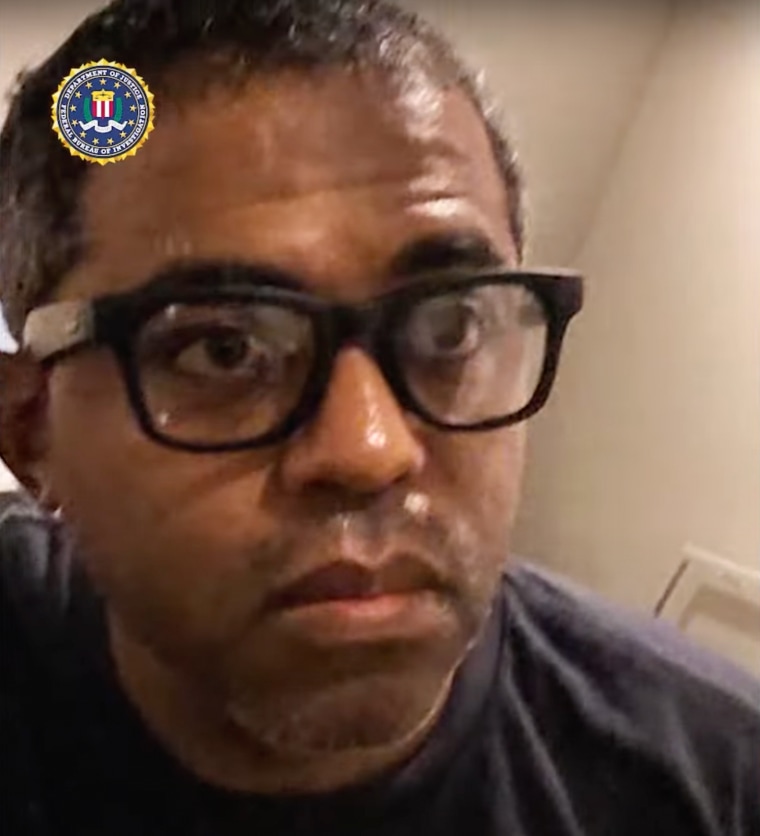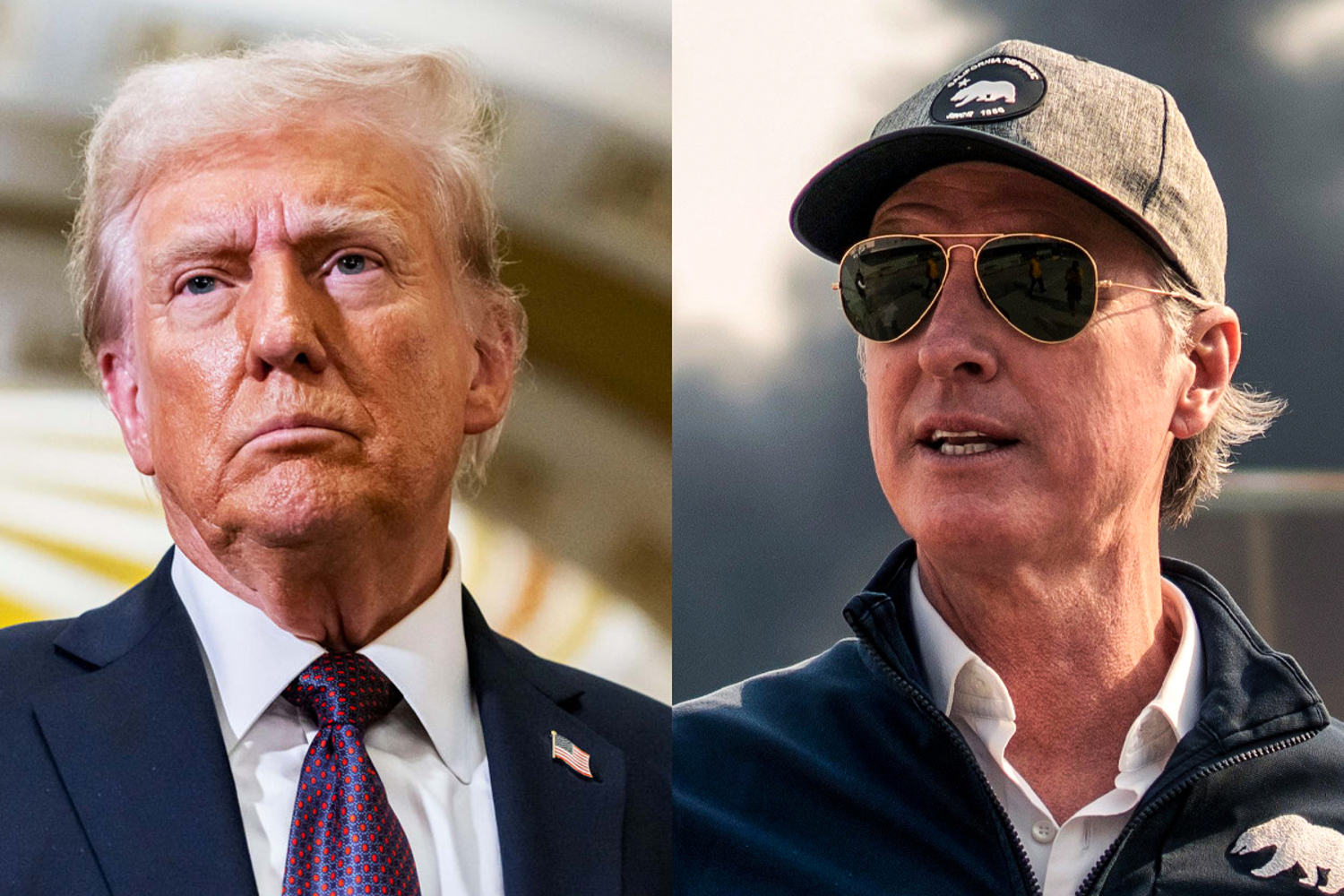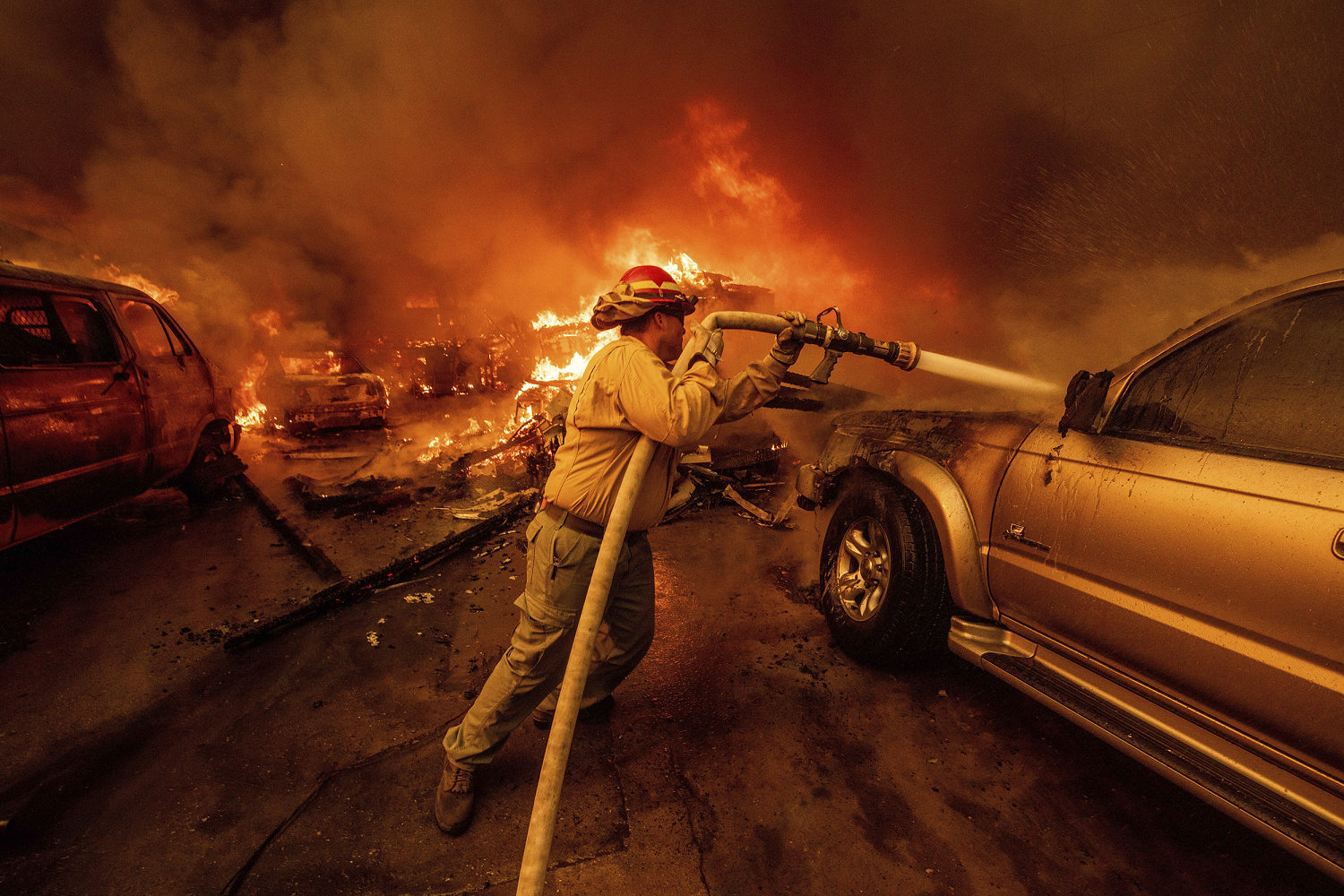The New Orleans terrorist attacker visited the city twice in the weeks before the attack and recorded video of the area using Meta smart glasses, the FBI revealed Sunday.
Shamsud-Din Jabbar, 42, stayed at a rental home in New Orleans at the end of October and again in November, just weeks before his attack on Bourbon Street, which killed 14 people. He wore the smart glasses to record video as he rode a bicycle through the French Quarter, Lyonel Myrthil, the special agent in charge of the FBI’s New Orleans field office, said Sunday.
 In October, Shamsud-Din Jabbar recorded himself looking into a mirror at the home he rented to test the ability of his Meta glasses to record. FBI
In October, Shamsud-Din Jabbar recorded himself looking into a mirror at the home he rented to test the ability of his Meta glasses to record. FBI“Meta glasses appear to look like regular glasses, but they allow a user to record videos and photos hand-free,” Myrthil said. “They also allow the user to potentially livestream through their video.”
Jabbar wore the glasses during his New Year’s Day attack, but they were not activated for a livestream, Myrthil said. There was no indication Jabbar was recording the attack at all, though the glasses were found on him.
Meta spokesperson Andy Stone told NBC News that the company is “in touch with law enforcement on this matter.”
The FBI posted a compilation of the clips online, one of which includes Jabbar testing the glasses in a mirror and security clips of him in the area before the truck attack. The FBI blurred images of bystanders.
Jabbar, 42, was killed in a firefight with officers after he plowed through the busy strip with a rented truck early New Year’s Day. Investigators also found that he placed two homemade bombs in the area before the attack, neither of which detonated.
Authorities also believe Jabbar set fire to a short-term rental house on Mandeville Street in New Orleans, where bomb-making materials were found.
Video showed Jabbar placing one improvised explosive device in a cooler at Bourbon and St. Peter streets at 1:53 a.m., which was moved later by unidentified people.
“From what we’ve observed so far — what we’ve gathered through our investigation — is that they were unwitting individuals who move the cooler from location to location without knowledge of what is in the cooler,” Myrthil said.
Jabbar placed another explosive roughly 30 minutes later in a different “bucket-type cooler,” authorities said.
Two firearms were also recovered, a semiautomatic pistol and a rifle. The Bureau of Alcohol, Tobacco, Firearms and Explosives found the .308-caliber rifle was purchased in a private sale in Arlington, Texas, on Nov. 19.
The explosive material recovered at Jabbar’s home in Houston resembles common explosives such as RDX, which are widely available in the United States, Joshua Jackson, the special agent in charge of the ATF’s New Orleans field division, said at Sunday’s news conference.
Federal authorities initially said Friday that field tests detected a rare explosive compound, R-Salt, in the two homemade bombs in New Orleans and in the home where Jabbar stayed. R-Salt is a very rare compound that has not been used before in terrorist attacks in the United States or Europe.
Jackson said the FBI will conduct additional testing of the explosive compound found in New Orleans. He said officials believe additional tests in an FBI lab will show that the explosive compound is, in fact, pure RDX.
The device itself was not unique in design, and Jabbar’s use of an electric match instead of a proper detonator indicated his inexperience with explosives, Jackson said.
Jabbar, a Texas-born U.S. citizen and an Army veteran, said in videos posted online that he “joined ISIS earlier this year.” He acted alone during the New Year’s Day attack, the FBI said, and does not appear to have any U.S.-based accomplices.
Myrthil told reporters Sunday that the FBI is still investigating any of Jabbar’s associates, both domestic and abroad. A subject of further inquiry is a trip Jabbar made to Cairo in 2023 and another trip to Canada roughly a week after his return.
“Our agents are getting answers as to where he went, who he met with and how those trips may or may not tie into his actions here in our city in New Orleans,” Myrthil said.
.png)
 5 days ago
9
5 days ago
9


































 Bengali (BD) ·
Bengali (BD) ·  English (US) ·
English (US) ·